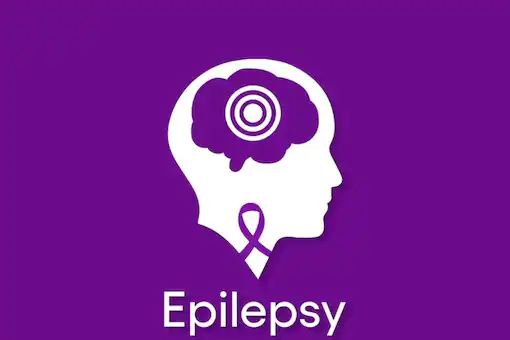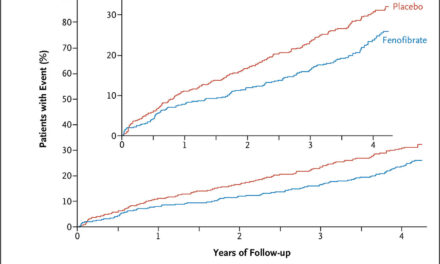February 10, 2024
In a groundbreaking study conducted at the Francis Crick Institute, scientists have identified a new treatment target for CDKL5 deficiency disorder (CDD), a prevalent form of genetic epilepsy. CDD, characterized by seizures and impaired development in affected children, currently lacks effective treatments that address the underlying cause of the disease.
The disorder is attributed to the loss of function of a gene responsible for producing the CDKL5 enzyme, crucial for phosphorylating proteins and regulating their function. Building upon previous research indicating the potential therapeutic role of a calcium channel in CDD, the research team has now uncovered a novel approach to addressing the condition by enhancing the activity of another enzyme to compensate for the absence of CDKL5.
Published today in Molecular Psychiatry, the study delves into investigations conducted on mice lacking the CDKL5 enzyme, exhibiting symptoms akin to those observed in individuals with CDD, such as impaired learning and social interaction.
Through meticulous analysis, the researchers observed that CDKL5 is predominantly active in nerve cells, while absent in another type of brain cell known as astrocytes. By measuring the phosphorylation levels of EB2, a molecule targeted by CDKL5, the team unraveled the presence of an alternative enzyme, CDKL2, capable of phosphorylating EB2 in the absence of CDKL5.
Further experiments involving mice deficient in both CDKL5 and CDKL2 revealed a significant reduction in EB2 phosphorylation, highlighting the compensatory role of CDKL2 in the absence of CDKL5.
Sila Ultanir, Group Leader of the Kinases and Brain Development Laboratory at the Crick, expressed optimism about the findings, stating, “Through this research, we’ve identified a potential way to compensate for the loss of CDKL5. If we can increase levels of CDKL2, we might one day be able to stop symptoms from developing or getting worse.”
The researchers are now exploring strategies to stimulate brain cells to produce more CDKL2 in mice lacking CDKL5, with the ultimate goal of developing targeted therapies for CDD. Collaboration with biotechnology companies aims to identify molecules capable of boosting CDKL2 levels, paving the way for novel treatments for this debilitating disorder.
Margaux Silvestre, former PhD student at the Crick and now postdoctoral researcher at the Max Planck Institute for Brain Research, emphasized the potential impact of the research on improving treatments for CDD. “Our discoveries offer fresh insights into the expression and regulation of CDKL5 in the brain. Moreover, the identification of CDKL2 as a potential compensatory enzyme provides hope for uncovering better treatments,” she stated.
The study not only sheds light on the intricate mechanisms underlying CDD but also underscores the collaborative efforts of researchers and technical teams in advancing our understanding of neurological disorders and potential therapeutic interventions.












